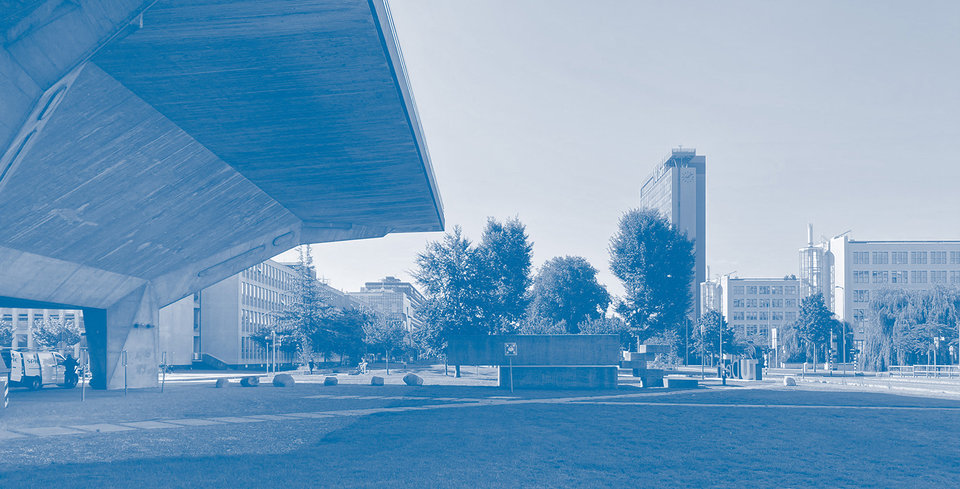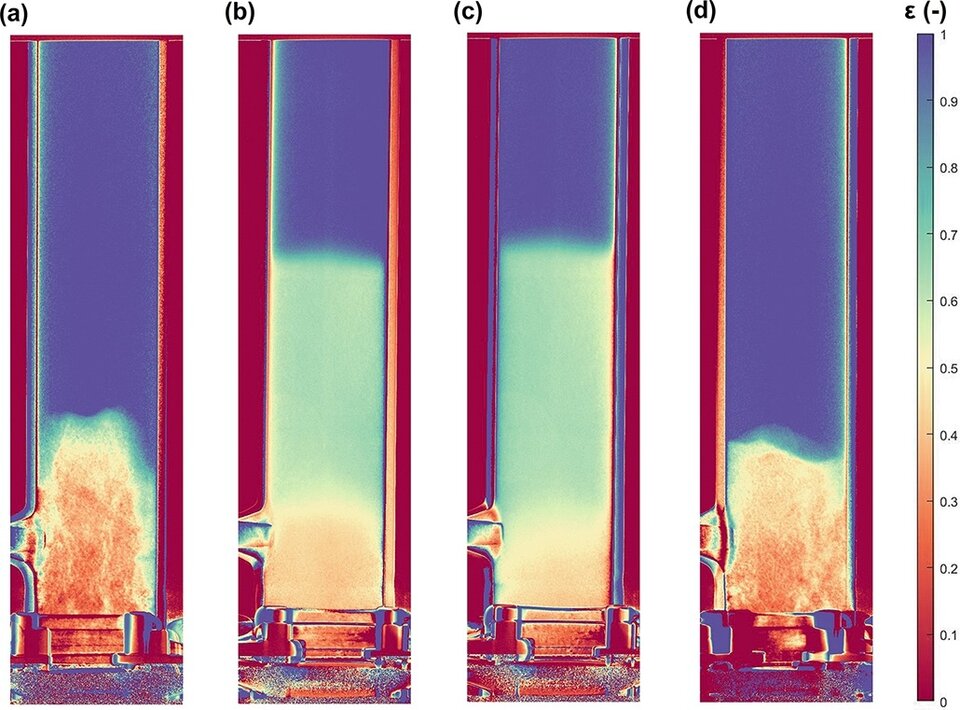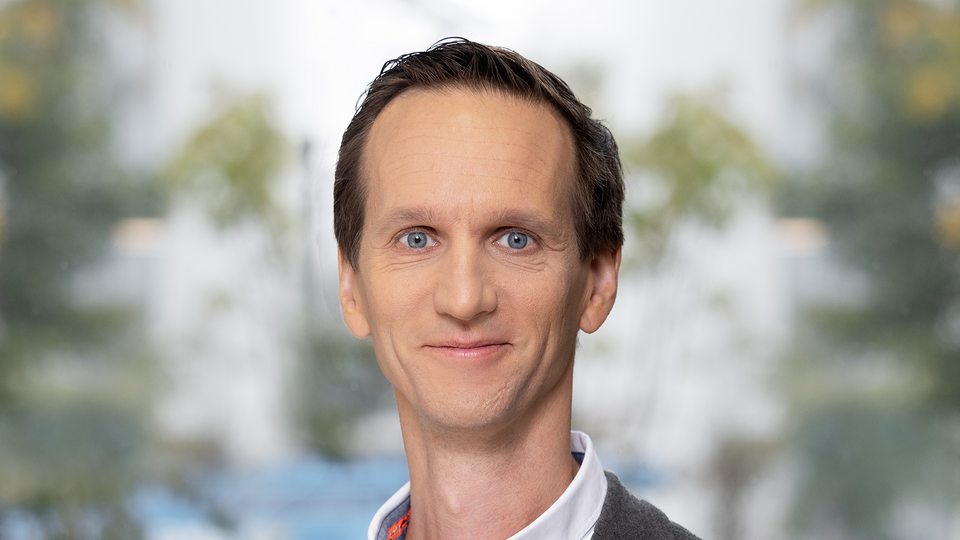Hiring: Assistant Professor Water Resources Engineering
In collaboration with the Faculty of Civil Engineering and Geosciences, within the Flagship Water Security of our Climate Safety and Security Center (CASS) in the campus of the TU Delft in The Hague, we have a new opening for an Assistant Professor! Are you interested in driving innovation in water systems management and preparing the next generation of engineers for their climate and policy challenges? Apply now! Job description Key job responsibilities include: Education: Organize, initiate and contribute to the development and teaching of graduate courses in our new MSc program Environmental Engineering, fostering connections with other programs. Guide and assess BSc and MSc students, coordinating fieldwork, student projects, assignments and exams collaboratively. Organization: Contribute to organizational / administrative activities and committees focused on education within the Department of Water Management and the Faculty of Civil Engineering and Geosciences. Your involvement will be pivotal in advancing the Flagship Water Security of TU Delft | Climate Safety & Security Center (CASS). Impact: Drive the inception of educational initiatives and assets in launching new research projects with societal impact. Actively engage with government and private partners to increase societal relevance. Because of the joint affiliation with the TU Delft | Climate Safety & Security Center, seize opportunities to collaborate with the public sector, including Dutch Ministries and Policy Advisory Bodies, water management organizations as well as international public policy organizations. Outreach to the broader community and schools is encouraged. Research: Contribute to groundbreaking research in water resources engineering, closely connected to climate safety and security concerns. This role offers collaboration prospects with the Energy, Food, Materials and Human Security flagships within CASS, ensuring international visibility and impact. Requirements We invite you to show in your application how your expertise relates to the demands from the water domain, the safety and security domain and the education domain which this position aims to connect. Furthermore, you: hold a PhD or equivalent degree in water management, environmental science, civil engineering, environmental engineering, or a related discipline; demonstrate affinity with academic teaching across diverse settings, including empirical contexts; possess a solid understanding of the higher education landscape, including diversity and inclusion values; exhibit a track record in delivering high-quality research, as evidenced by your publication record; possess excellent communication skills, you are capable of effectively engaging with peers, students and stakeholders; demonstrate an affinity for, and preferably a proven ability to collaborate with, the public sector. Conditions of employment This position is offered as an Academic Career Track position (0.8 – 1.0 FTE). During the Academic Career Track, we expect you to grow towards an Associate Professor position within a maximum of eight years, for which a position will be available. With other Academic Career Track colleagues, you will participate in the Academic Career Track Development programme, where you are offered ample opportunities to develop yourself in the areas of Education, Research, Societal Impact & Innovation, and Leadership & Organisation. You will regularly discuss your development and results with senior staff based on a personalized development plan and performance criteria agreed upon at the start of your Academic Career Track. You will start with a temporary contract that will be converted to a permanent contract no later than 12 -18 months after a positive evaluation, based on continuous confidence in your development potential and fit in the organisation, Inspiring, excellent education is our central aim. We expect you to obtain a University Teaching Qualification (UTQ) within three years if you have less than five years of teaching experience. This is provided by the TU Delft UTQ programme as part of the Academic Career Track Development programme. TU Delft sets high standards for the English competency of the teaching staff. The TU Delft offers training to improve English competency. If you do not speak Dutch, we offer courses to learn the Dutch language within three years. Salary and benefits are in accordance with the Collective Labour Agreement for Dutch Universities. The TU Delft offers a customisable compensation package, discounts on health insurance, and a monthly work costs contribution. Flexible work schedules can be arranged and you can work partly from home. For international applicants, TU Delft has the Coming to Delft Service . This service addresses the needs of new international employees and those of their partners and families. The Coming to Delft Service offers personalised assistance during the preparation of the relocation, finding housing and schools for children (if applicable). In addition, a Dual Career Programme for partners is offered. The Coming to Delft Service will do their best to help you settle in the Netherlands. TU Delft (Delft University of Technology) Delft University of Technology is built on strong foundations. As creators of the world-famous Dutch waterworks and pioneers in biotech, TU Delft is a top international university combining science, engineering and design. It delivers world class results in education, research and innovation to address challenges in the areas of energy, climate, mobility, health and digital society. For generations, our engineers have proven to be entrepreneurial problem-solvers, both in business and in a social context. At TU Delft we embrace diversity as one of our core values and we actively engage to be a university where you feel at home and can flourish. We value different perspectives and qualities. We believe this makes our work more innovative, the TU Delft community more vibrant and the world more just. Together, we imagine, invent and create solutions using technology to have a positive impact on a global scale. That is why we invite you to apply. Your application will receive fair consideration. Challenge. Change. Impact! Faculty Civil Engineering and Geosciences The Faculty of Civil Engineering & Geosciences (CEG) is committed to outstanding international research and education in the field of civil engineering, applied earth sciences, traffic and transport, water technology, and delta technology. Our research feeds into our educational programmes and covers societal challenges such as climate change, energy transition, resource availability, urbanisation and clean water. Our research projects are conducted in close cooperation with a wide range of research institutions. CEG is convinced of the importance of open science and supports its scientists in integrating open science in their research practice. The Faculty of CEG comprises 28 research groups in the following seven departments: Materials Mechanics Management & Design, Engineering Structures, Geoscience and Engineering, Geoscience and Remote Sensing, Transport & Planning, Hydraulic Engineering and Water Management. Click here to go to the website of the Faculty of Civil Engineering & Geosciences. Water Management The mission of the Department of Water Management is to advance fundamental scientific understanding of the water cycle, and to develop innovative engineering and water management solutions. Our main aim is to help solve key societal challenges related to water systems and their interactions with humans. These societal challenges include the impact of climate change and urbanization on water quantity and quality in natural and engineered systems, environmental and human health risk assessments, as well as the associated adaptation strategies, innovative water treatment technologies to produce clean water, and solutions for resource depletion on food security. Recently, an external research assessment committee rated the Department of Water Management `excellent’ on all three aspects reviewed: quality of research, viability and societal relevance. The department currently has 40+ FTE academic staff and over 100 PhD students and postdocs. This position is embedded in the newly founded interdisciplinary Climate Safety & Security Center (CASS) at TU Delft | The Hague. This center pursues an ambitious and extensive program that considers climate change and stability in an integrative way. It focuses on the flow of the essential commodities water, food, energy and critical materials. The new position plays a crucial role in the flagship Water. To help realize your ambitions, you will receive a generous start-up package including 1 PhD candidate within the scope of the CASS program. You would also collaborate with leading international researchers and have access to TU Delft’s state-of-the-art facilities. Additional information For more information about this vacancy, please contact Remko Uijlenhoet: r.uijlenhoet@tudelft.nl . Application procedure Are you interested in this vacancy? Please apply no later then 11 June 2024 via the application button and upload : A well-crafted motivation letter (1-2 pages) detailing your interest and suitability for the position. Your Curriculum Vitae (CV), highlighting relevant experiences, list of publications and achievements. Your statement on research and education including your view on leadership and commitment to equity and inclusion (maximum 3 pages). Contact information for four referees who could provide insightful recommendations. An abstract of your PhD thesis (1 page). Links to two selected publications that you wish to emphasize. Please note: You can apply online. We will not process applications sent by email and/or post. A pre-Employment screening can be part of the selection procedure. Please do not contact us for unsolicited services.




